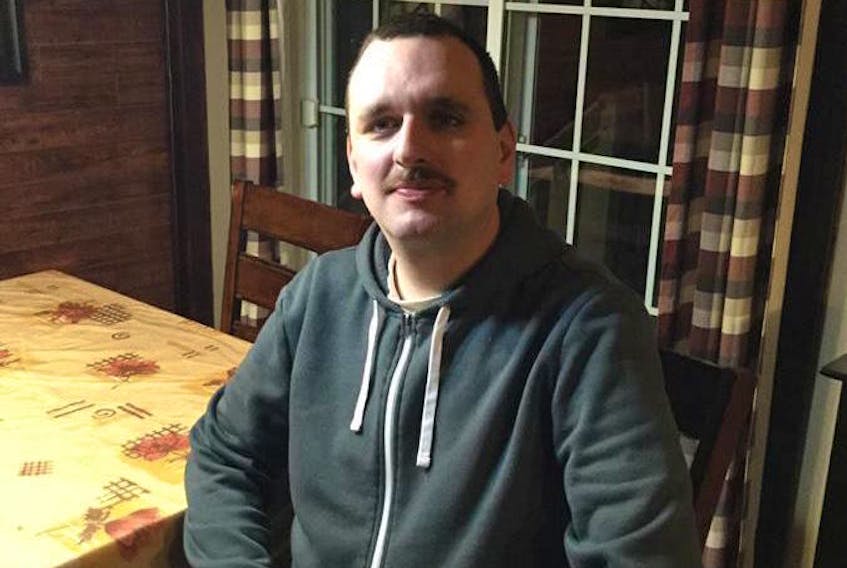MARYSTOWN, N.L. — Life has presented Tony Ducey with some obstacles.
The Frenchman’s Cove resident was diagnosed with Asperger syndrome in 1988 at age six.
He takes his disability in stride.
“It is what it is. There are challenges with it as there are with anything else,” he told The Southern Gazette on Wednesday, Feb. 6.
There has been one hurdle, however, that is proving difficult to overcome.
Since his first job in 2000, Ducey has not been able to find permanent, long-term employment. Mostly, only short-contract jobs have come his way.
It’s an issue he feels affects more people with disabilities than just himself.
Ducey’s last employment contract ran from July 2017 to March 2018, which he says was probably the longest stint of any of the 14 or so jobs he estimates he’s had over the years.
In that time, Ducey says he’s built up a wide variety of office skills.
“You work for so long, then your get your unemployment, and then as your unemployment is about to run out the worry starts again of what your next job is going to be or where your next job is going to be,” he says of the uncertainty.
Employment barriers
Nancy Reid, acting executive director of the Coalition of Persons with Disabilities, says there are all sorts of barriers that people with various disabilities encounter around employment.
“Sometimes there’s an attitudinal barrier among employers and there’s an assumption of what people can or cannot do,” she says.
Most often, those assumptions aren’t accurate.
visible disabilities, such as when a person is in a wheelchair, are more readily accepted because the disability can be seen. The disabilities that can’t are every bit as authentic and real, she says.
“Sometimes there’s a difficulty for persons to understand what that means for an individual, and especially when we think about persons who might have intellectual disabilities or individuals who have learning disabilities and disabilities from a mental health capacity,” Reid said.
Those individuals can often excel in some areas and can be very well-suited for certain positions.
Reid says it can be difficult for people with disabilities to find an opportunity to stay in a position long enough to demonstrate their skills and abilities and for an employer to realize some of the barriers they’re creating themselves in their attitudes.
Employers can reach out to groups like the coalition, which provides inclusive customer service training and disability awareness training. The provincial government’s Disability Policy Office has resources available that can help guide persons towards better opportunities, she says.
Frustration
Ducey says he’s received rave reviews about the job he’s done everywhere he’s worked.
“It is a frustration because I know what I’m capable of. I can look at my resume and see my experience,” he says.
He acknowledges the region’s economy might be part of the problem.
“I know that, for now, things are a bit tough, but they’re not so tough that a person who has my experience in the office field should have difficulty in finding work,” Ducey says.
There should be more encouragement for employers to hire people with disabilities, Ducey says. Government could also put more funding into long-term jobs for people with disabilities, he says, adding it would benefit the economy.
“You don’t want to be sitting around doing nothing,” Ducey says. “You want to be out there contributing to society, being productive, going to work each day and doing what you can for a company and making a good name for yourself with that company and, indeed, in the community.”









